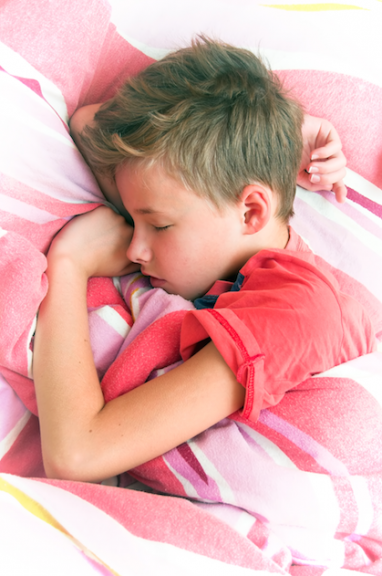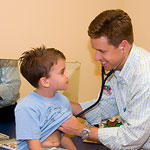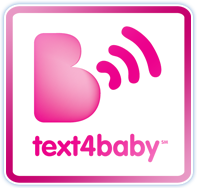 We all know that a restful sleep is an essential part of a growing child’s development, but around two out of every three children will experience a sleep disorder before the age of 13 according to a National Sleep Foundation (NSF) poll. Most will experience common nighttime disruptions, such as nightmares or infrequent insomnia, but some will suffer from more serious sleep disorders.
We all know that a restful sleep is an essential part of a growing child’s development, but around two out of every three children will experience a sleep disorder before the age of 13 according to a National Sleep Foundation (NSF) poll. Most will experience common nighttime disruptions, such as nightmares or infrequent insomnia, but some will suffer from more serious sleep disorders.
Abnormal Nighttime Sleep Behaviors or Parasomnias
Some of the most common of the severe sleep disorders are the parasomnias, or abnormal sleep behaviors – night terrors, sleepwalking and talking, and bedwetting. These disorders are easily identifiable by the actions of the child during the episode. Children experiencing night terrors may seem to be in extreme distress and temporarily unable to wake up. These night terrors are different from simple nightmares if the episode occurs within the first two to three hours of sleep and the child is not able to recall the content of the dream.
Retrograde amnesia (the inability to recall an episode) accompanies all three mentioned parasomnias. Luckily, only 4% of these parasomnias will last past adolescence, and in most cases, the best management is proper safety measures and parental reassurance.
Physical Sleep Disorders
Some children will experience sleep disorders that have physical causes. Some common physical sleep disorders are sleep apnea, upper airway resistance syndrome (UARS), and gastroesophageal reflux disease (GERD or acid reflux). Like adults, children may have a physical obstruction that makes it hard to breathe normally at night.
In children with sleep apnea and UARS, the soft tissue of the throat relaxes and reduces the size of the airway. In sleep apnea, this causes a complete disruption of the sleep cycle, whereas UARS is less severe and mildly disrupts this cycle. Children with GERD suffer from stomach acid leaking through the upper sphincter of the stomach, causing coughing and disrupted sleep.
You can identify these physical sleep disorders in children by observing their sleep behavior. Children with sleep apnea or UARS will frequently snore and stop breathing for several seconds, and children with GERD will frequently wake coughing. These disorders are often associated with childhood obesity, and enlarged tonsils commonly cause sleep apnea.
See Your Pediatrician for Treatment
Luckily, most childhood sleep disorders are manageable. Your pediatrician will likely recommend simple behavioral mitigation for children experiencing parasomnia disorders – scheduled awakenings, positive reinforcement, and other techniques. In some cases, a health care worker will prescribe medications or supplements, and a referral to a specialist, such as an allergist or ENT, for further treatment may be required.
Only your pediatrician can properly diagnose and treat these problems. If you believe your child is suffering from a sleep disorder, please call to schedule an appointment for a checkup.
The information and content on our website should not be used as a substitute for medical treatment or advice from your doctor.




